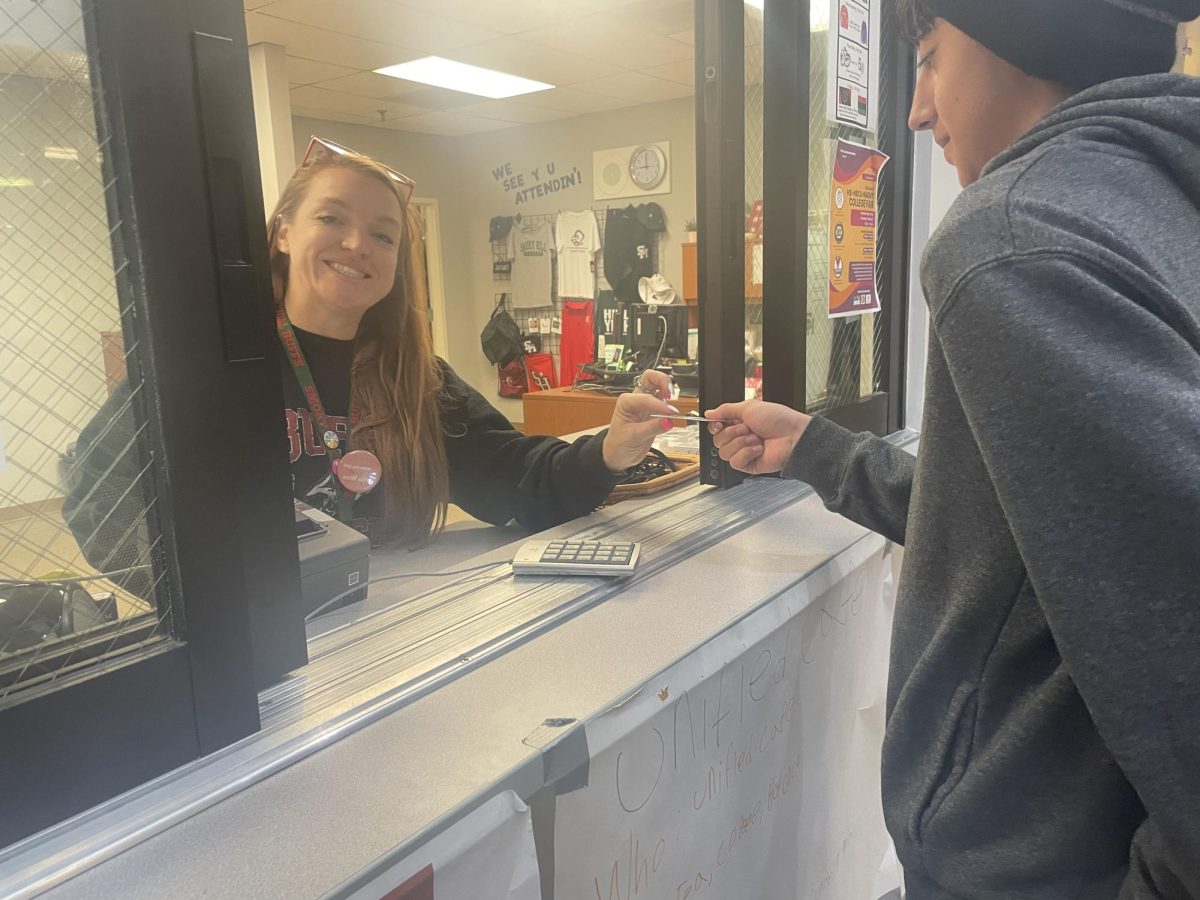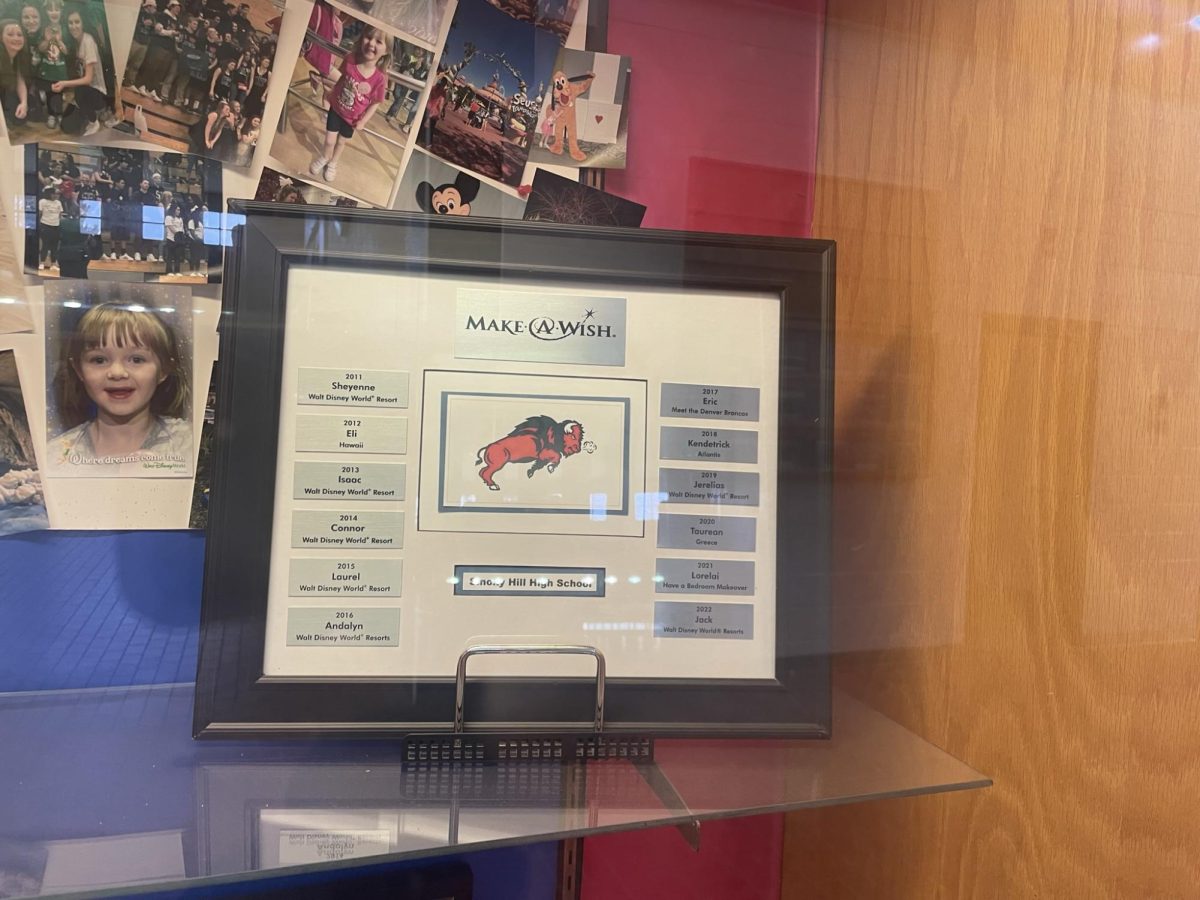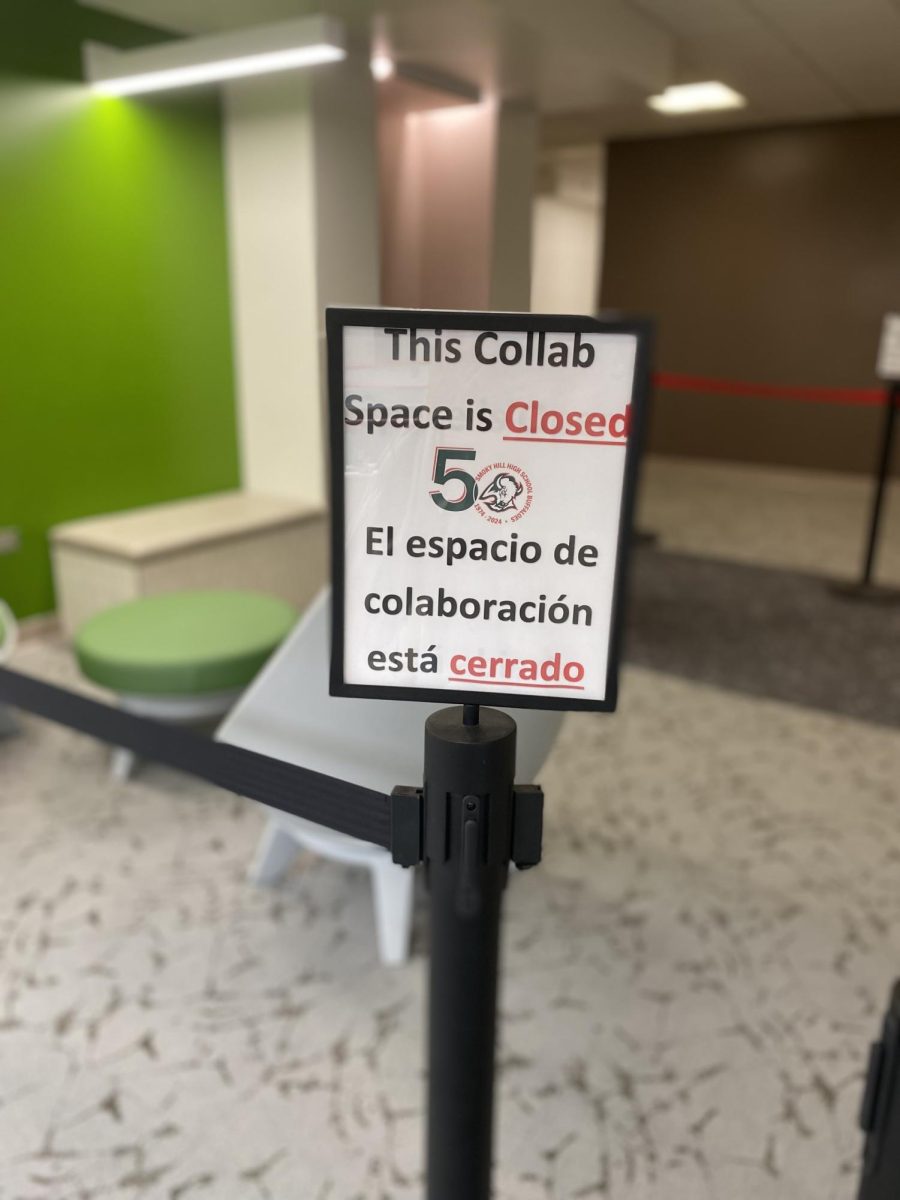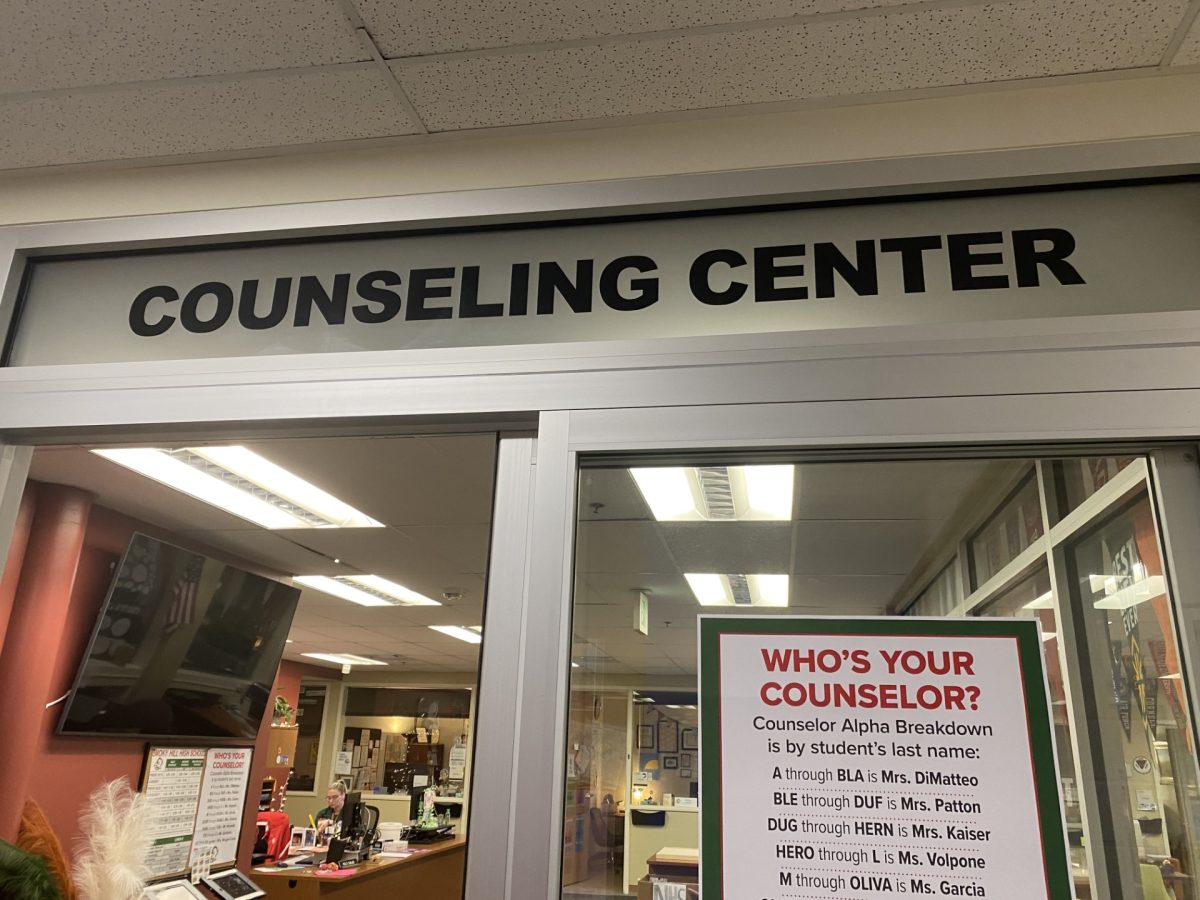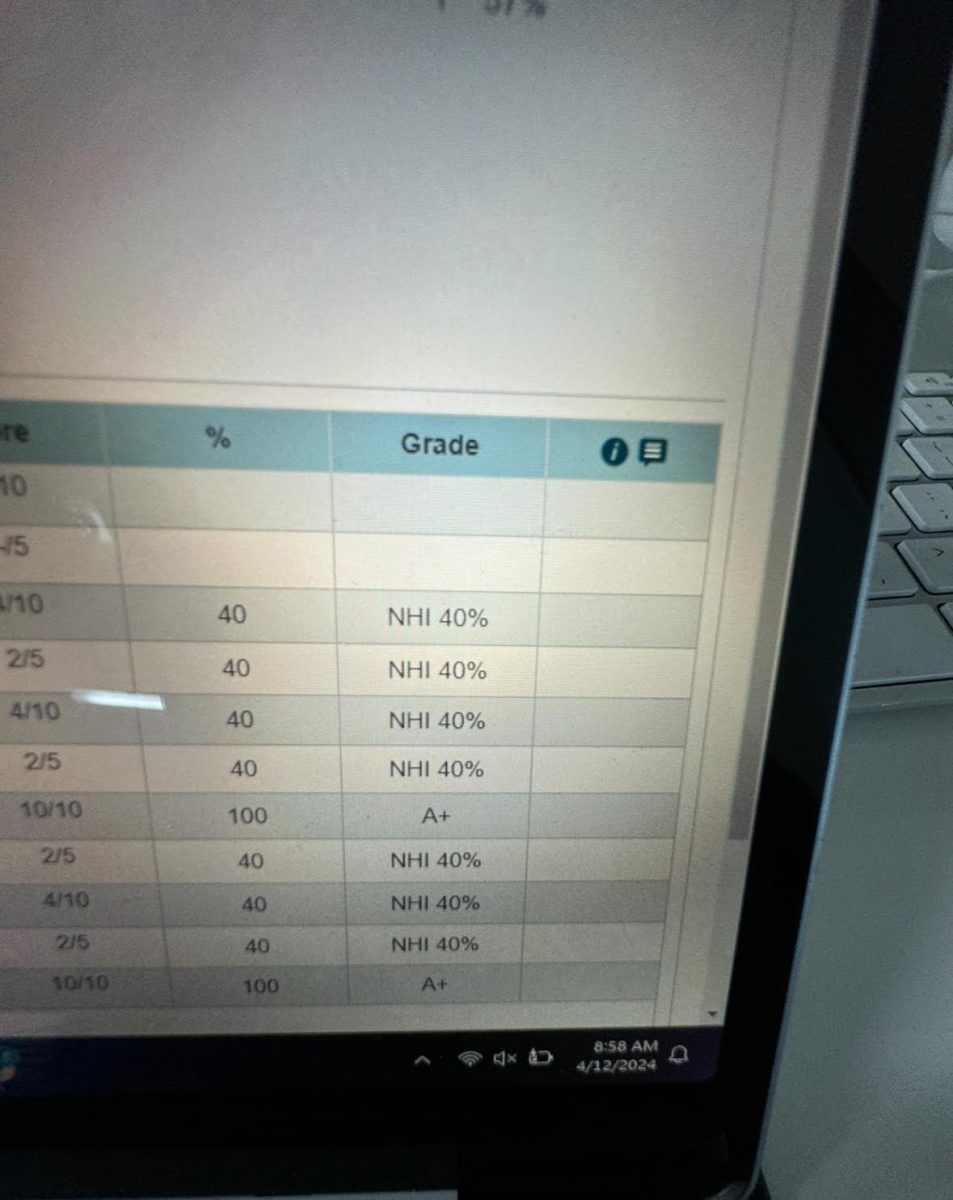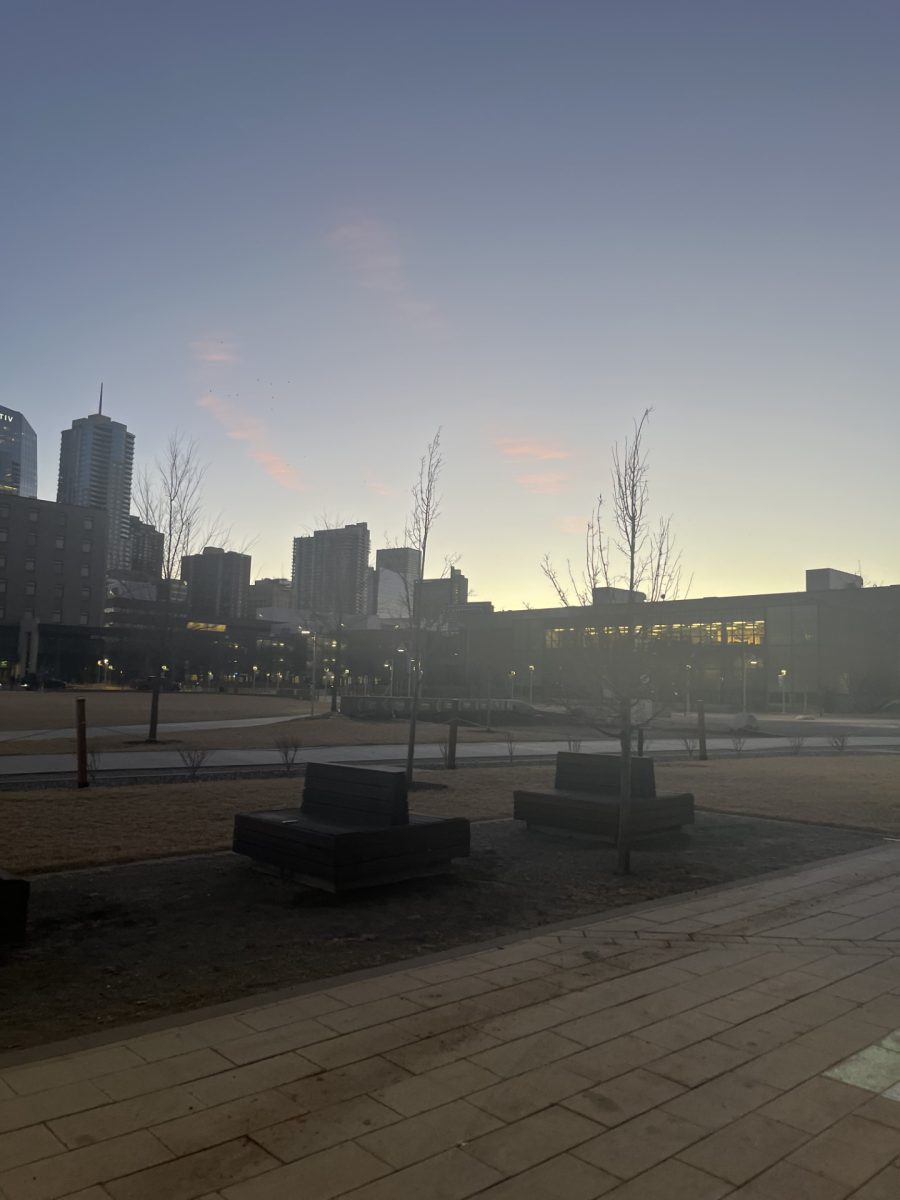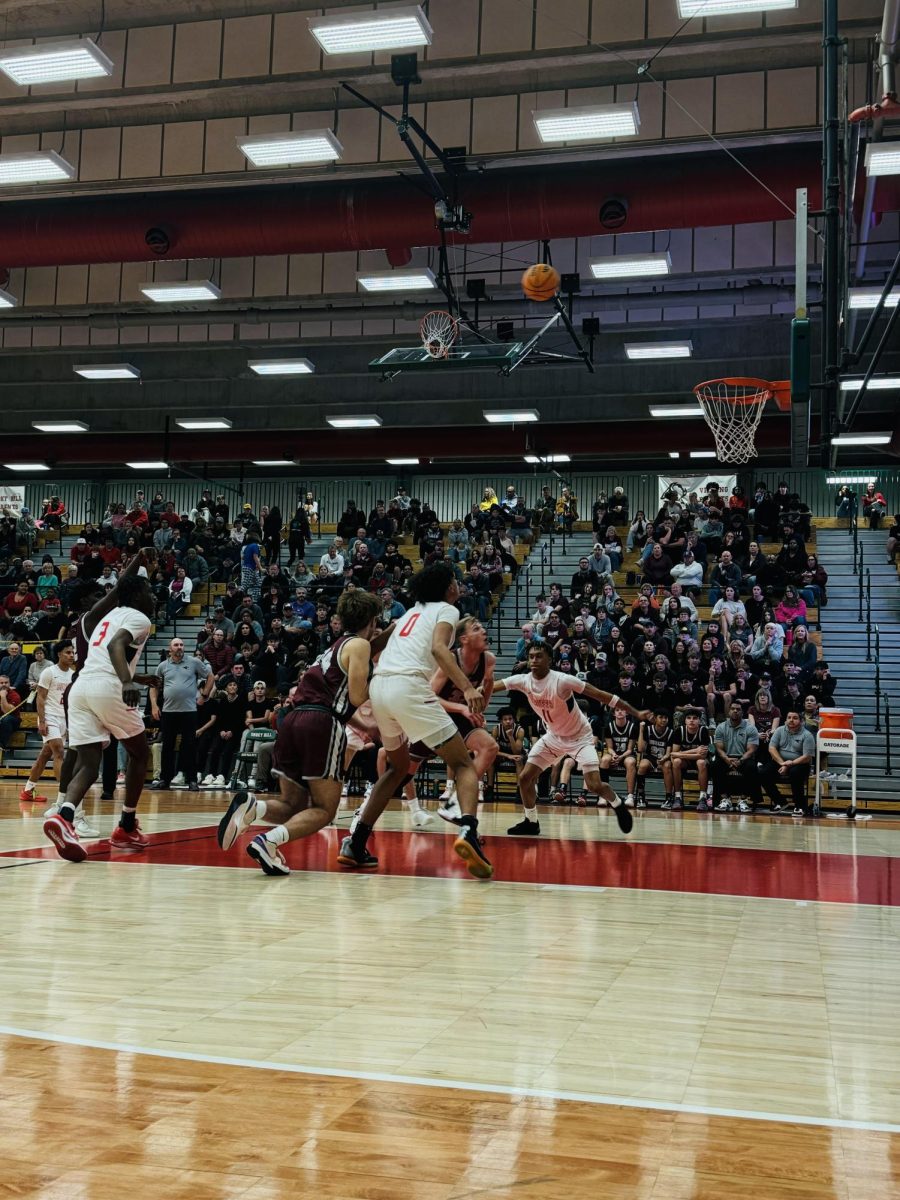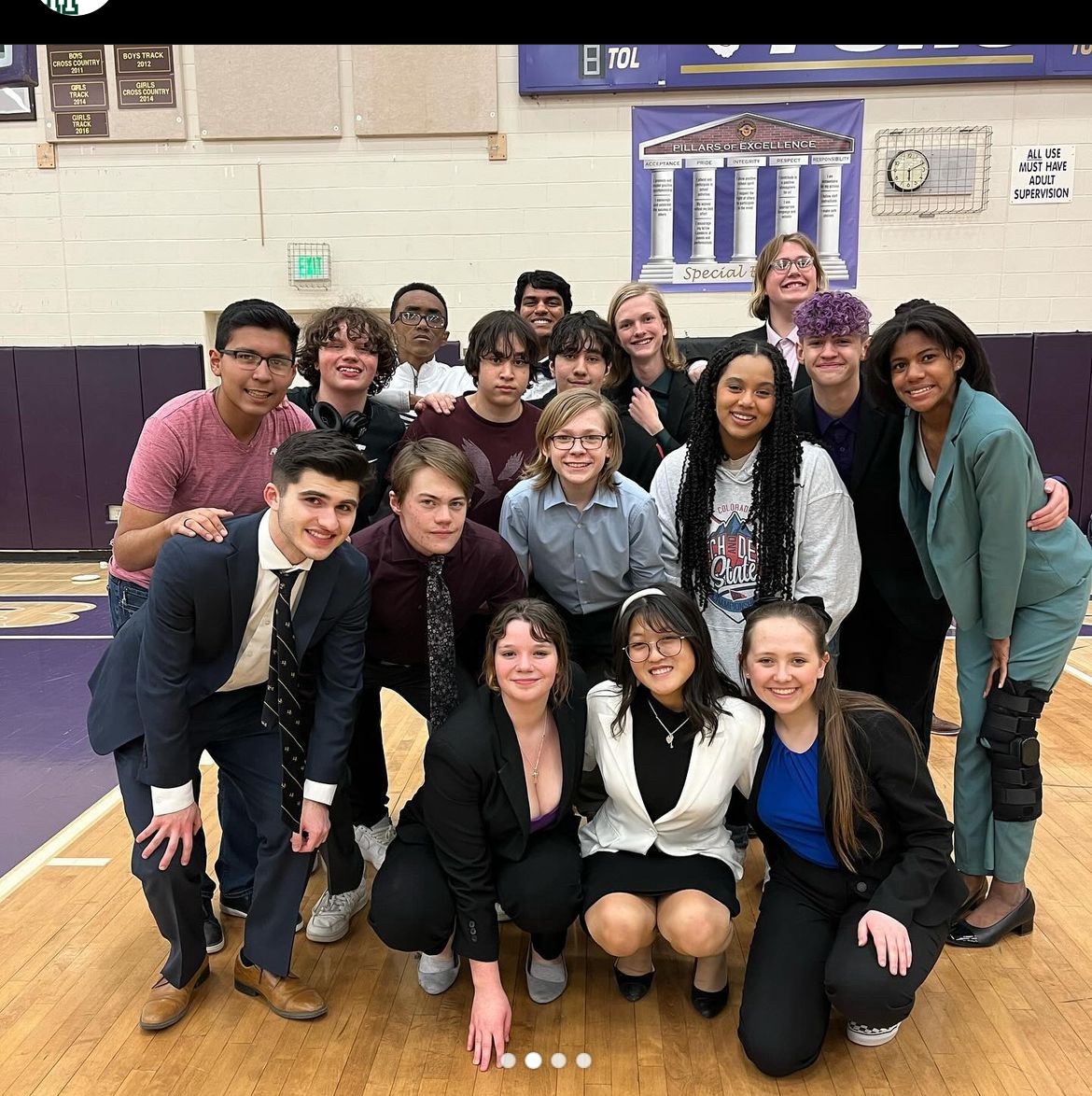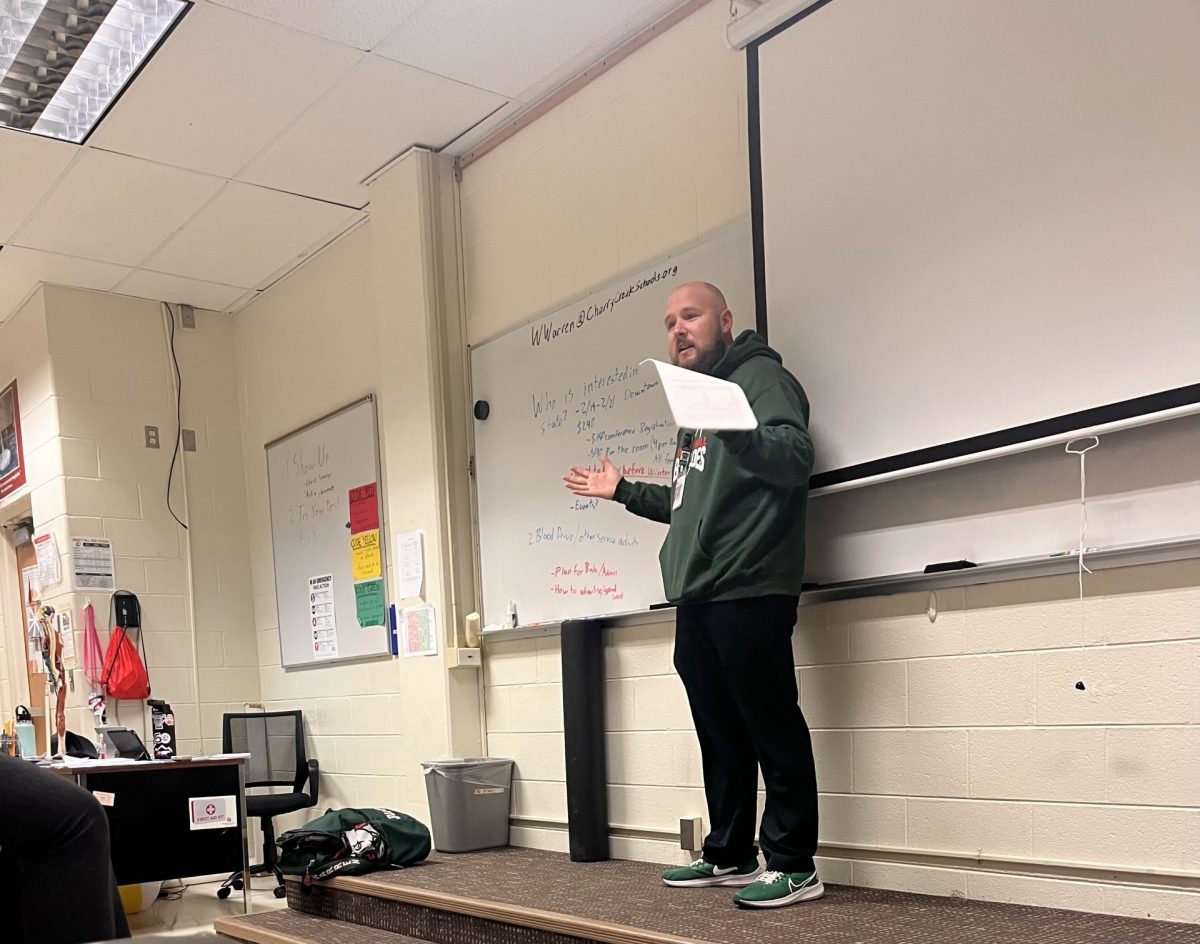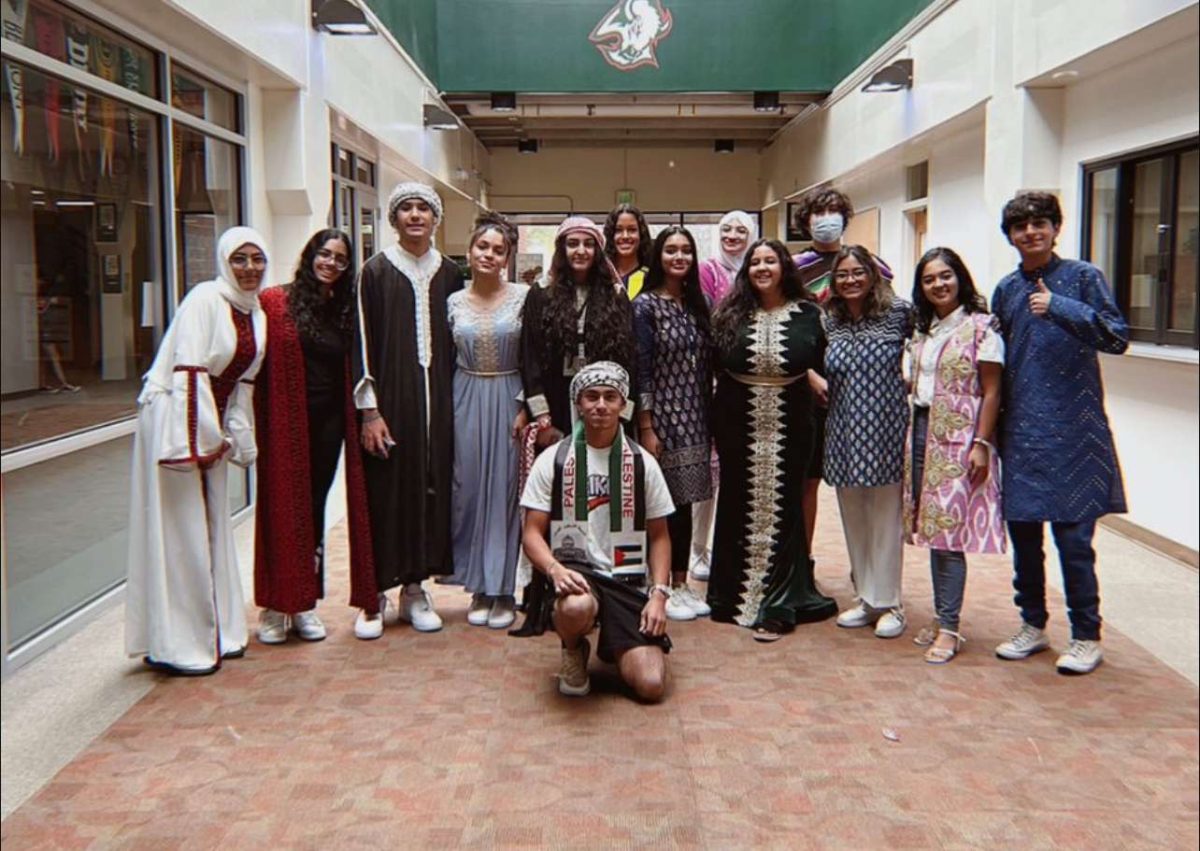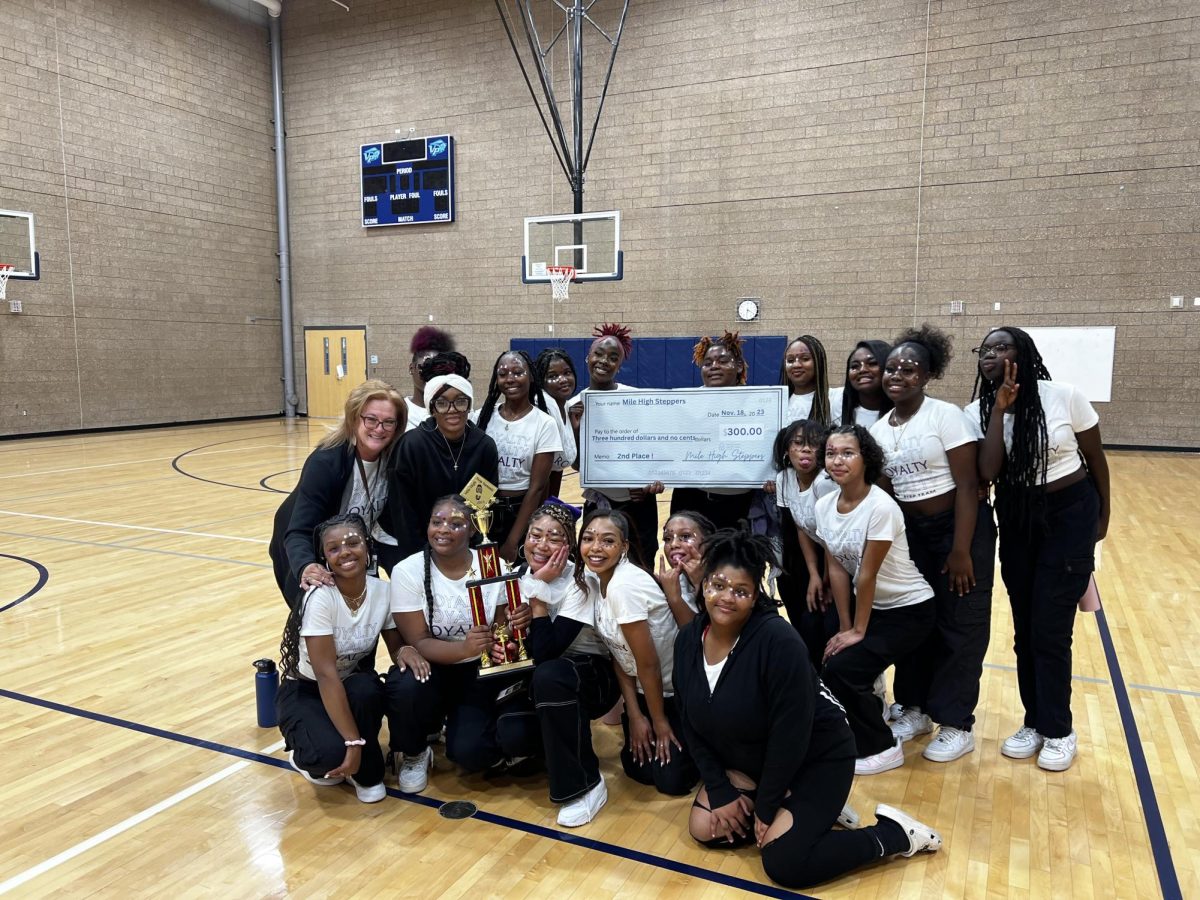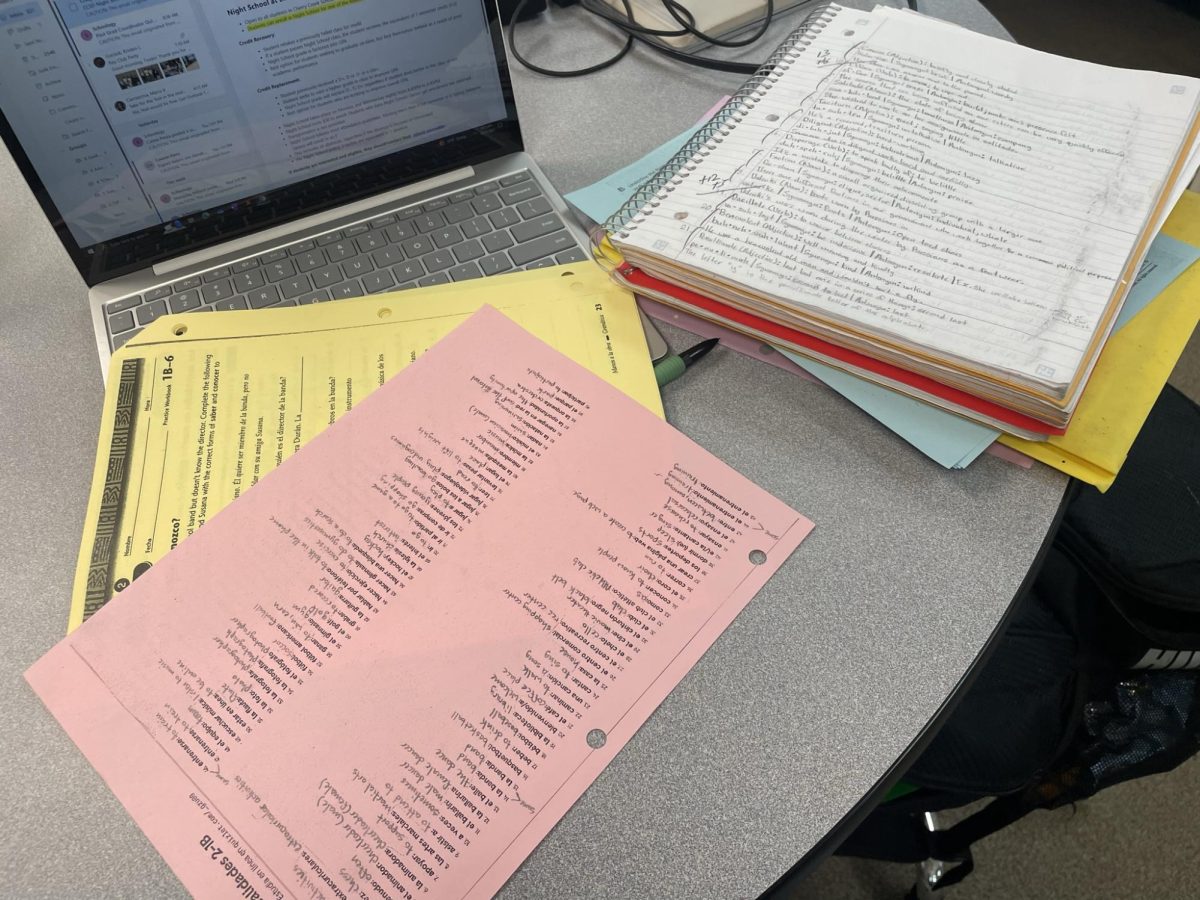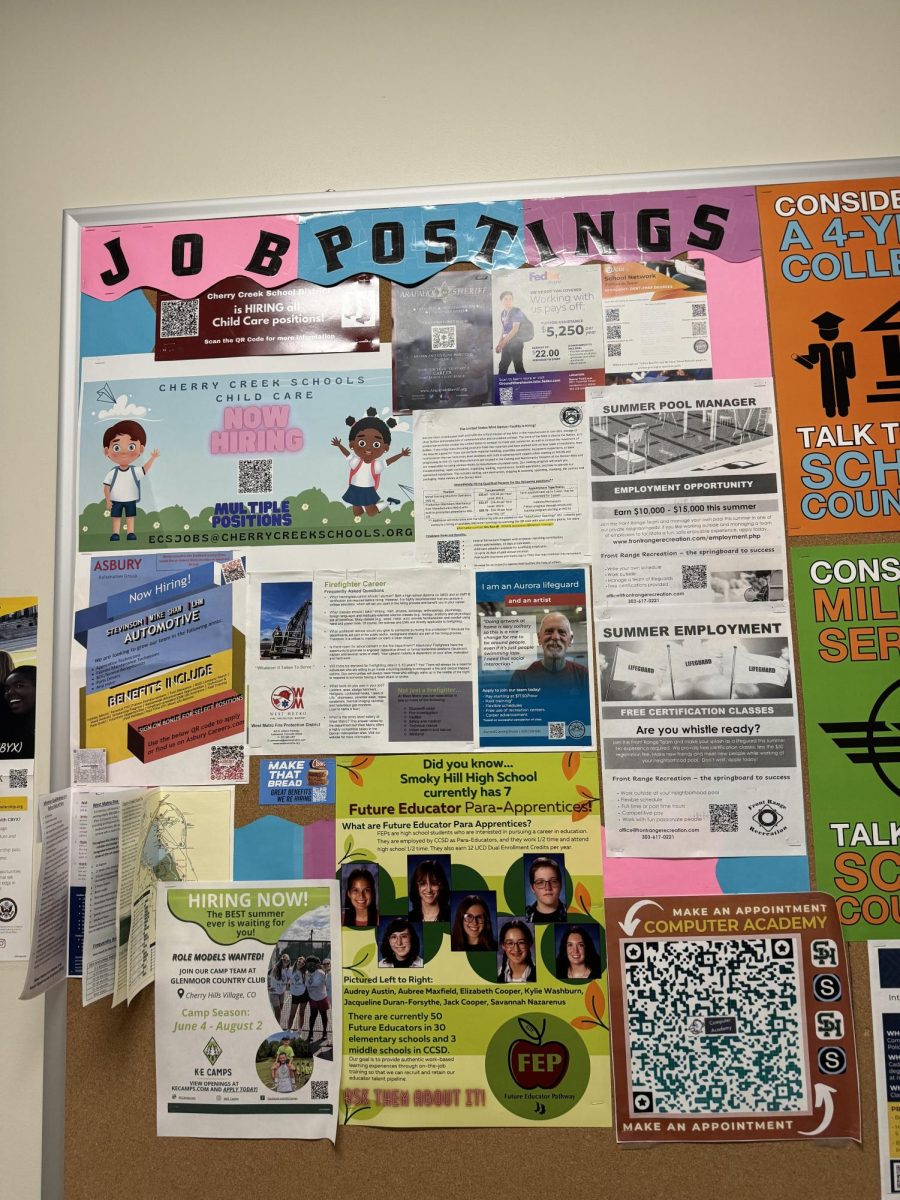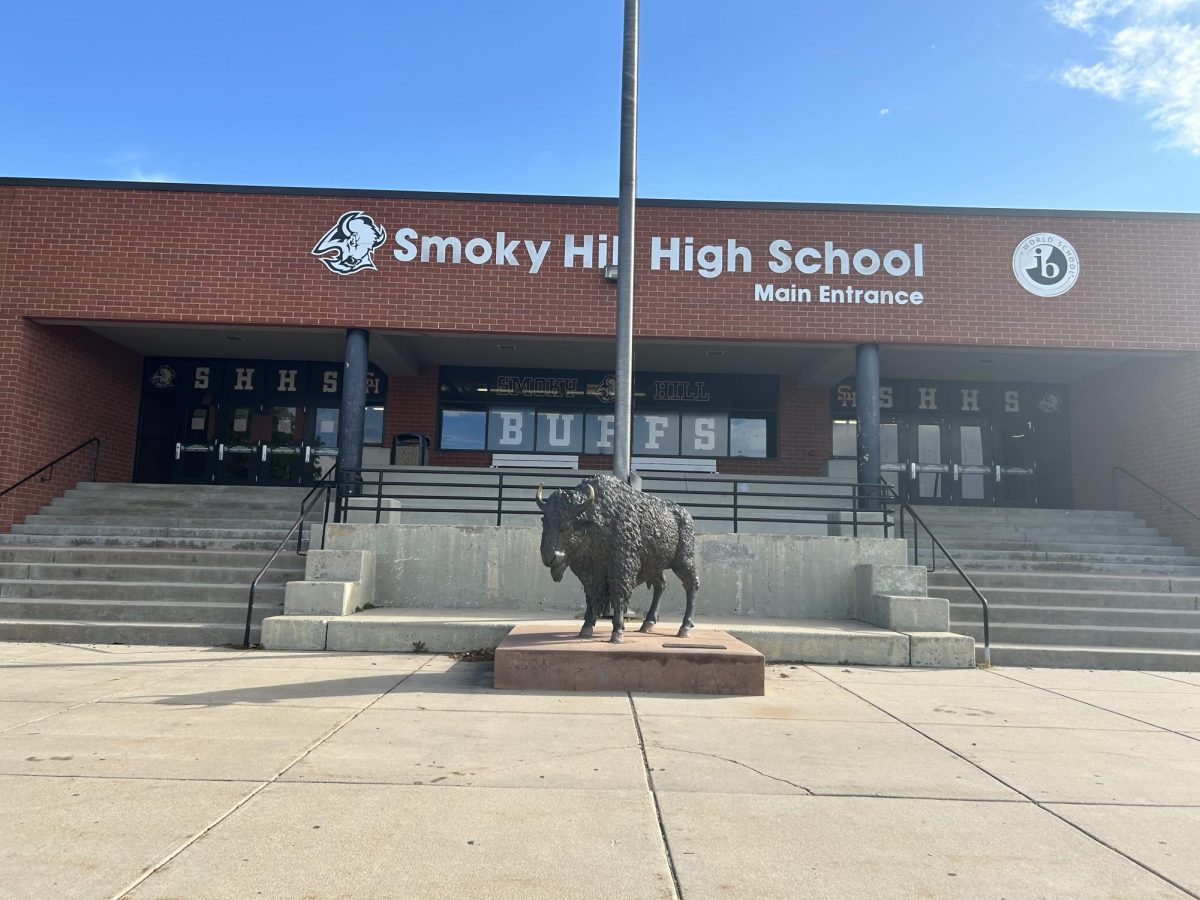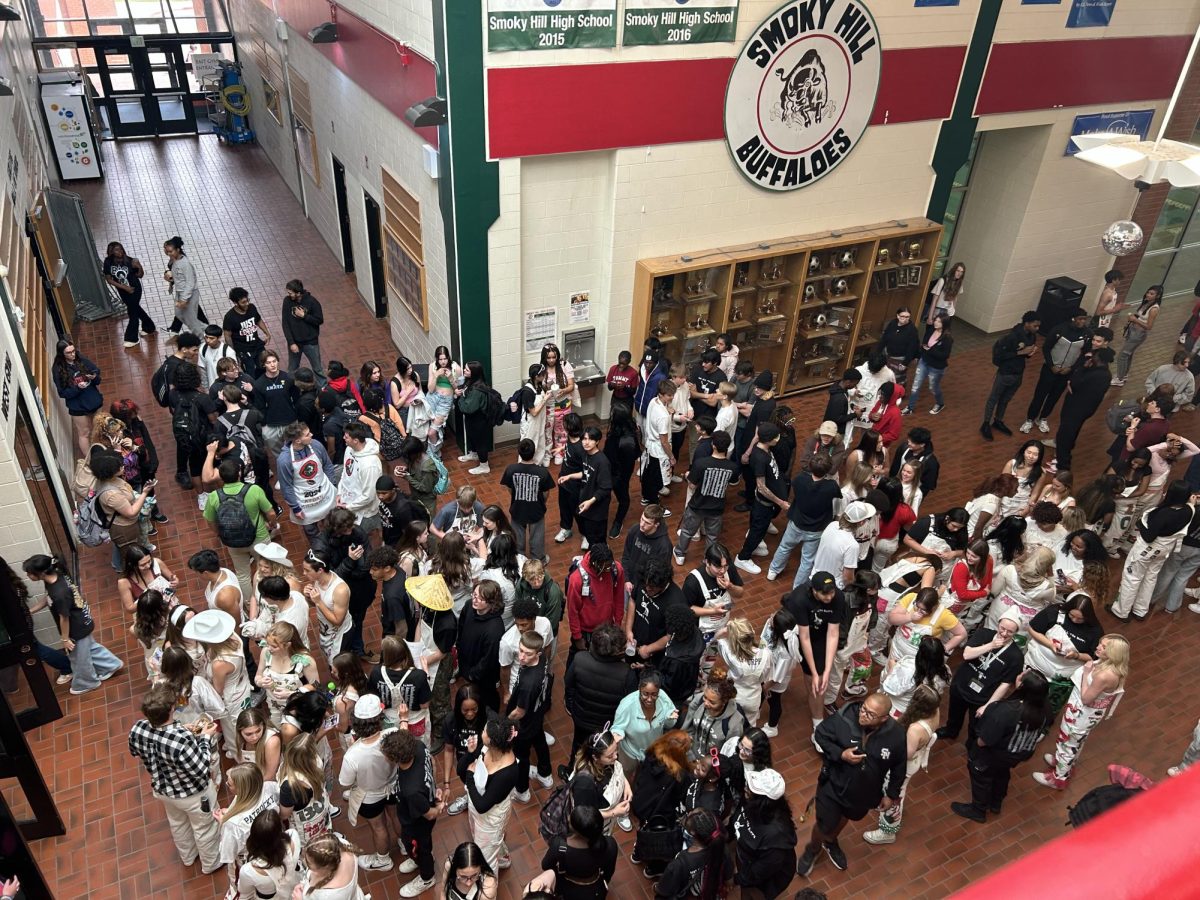Originating in the wealthy and prosperous city of Mecca and revealed by the prophet Muhammad in the 7th century, Islam is one of the world’s oldest major religions. Disseminated throughout the world through the efforts of devotees and the penning of the Quran (the holy text of Islam), the religion is also one of the most commonly practiced by the contemporary Muslim population.
Islam was built upon tenants of the interpersonal connection between the individual and Allah, as well as working to outline a framework for holy living and a just society. A belief system that often prioritizes quiet contemplation as a means of introspection, as a reach for the welding of the bond latching the self to the heavens and the world, Islamic practice has 5 daily times for prayer. Fajr (prayed at dawn), Dhuhr (prayed at midday), Asr (prayed in the afternoon), Maghrib (prayed at sunset) and Isha (prayed at night) are integral blocks within the day of many Muslims across the nation, including those who make up the population of Smoky Hill.
According to the Sentinel, “History Colorado estimates that there are about 70,000 Muslim Coloradans in the state, with the bulk centered in Aurora and southeast Denver.”
With Aurora housing one of the largest sects of the Muslim population in the state, it can become imperative for many places of employment and education to designate a private place for prayer in order to foster an inclusive atmosphere.
Smoky Hill’s Muslim Student Association (MSA) has made wide strides towards the formation of such a space with the creation of the prayer room.
“We really want to have [the prayer room] in the first place, especially since during COVID there wasn’t one and the MSA wasn’t even that big during COVID and stuff,” Asiya Naseer (12) President of the Muslim Student Association said, “We just needed [the prayer room] because Muslims have to pray five daily prayers and during school it’s really hard to pray and there’s no designated area. And those prayers during school, that’s why we have the prayer room open.”
The prayer room provides a private space for worship as well as bringing together the Muslim students within the Smoky community, but the prayer room is only available during certain portions of the day, such as student lunches, which creates problems for many students hoping to pray during their designated times.
“But this year, they told us that the prayer rooms are only available during lunch, which is unfair,” Nevine Dieyleh (11) Vice President of MSA said, “And I know a lot of people have complained to me and said ‘Hey, like I can’t go during lunch, like it’s busy and also I want to eat like I’m not going to use my time that I have, you know for that’ Also, the line is really long. I mean, if everyone’s gonna go at the same time and pray it’s going to be long and I just don’t think it’s accessible. And I think that Smoky Hill should find ways to make the prayer room accessible for everyone.”
Yet, the limiting of prayer room time seems to some to be stemming from misuse of the allotted space and time.
“However, there has been some difficulties because people have been misusing and disrespecting the prayer room,” Dieyleh said, “And so as MSA, since we’ve sponsored and promoted the prayer room, we’re trying to find a solution to fix that problem.”
Possible solutions to these complications are as diverse as the individuals to whom finding ways to remedy these conflicts is of utmost importance and the MSA is brainstorming a multitude of effective methods.
“Right now we’re trying to provide clear guidelines of the prayer room, you know, this is what you can do, this is what you can’t do,” Dieyleh said, “We’re trying to be better at that and spread awareness. Also, we will try to communicate with those disrespecting the use of the prayer room, kind of give them a warning, saying ‘Hey, like don’t do this anymore.’ And we will try to also communicate with the administration to find ways to make the prayer room accessible for everyone.”
But to the administration who play a vital role in the upkeep of the prayer room, like Celine Perea Smoky’s Instructional Technology (IT) Coordinator who houses the prayer room in her office, the root of these problems may look a bit different.
“So timing [conflicts] are because we technology people have to be out of the office to help people,” Perea said, “That is also the time when teachers are available during lunches to get that help. And so we need to be able to assist them also because that’s our primary job right? And so, even though there’s a set time on the Muslim prayer calendar, students are still coming before that time, after that time, during that time, and that makes that block of time encompass all of 3rd period, and we need to be able to get out of the room during that time.”
So, in taking these issues into consideration, the Smoky Hill staff has attempted to come up with a resolution by placing a member of the faculty at a monitoring post for the room during the entirety of that specific prayer time on the calendar.
Whether this new policy will prove effective in ensuring the availability of the prayer room to all its users is yet to be determined. But, the communication between the members of the MSA, who hope to be the advocating voices for the whole Muslim community at Smoky, and the administration will be ongoing and aimed at repairing any and all issues for the betterment of the entire student body.


